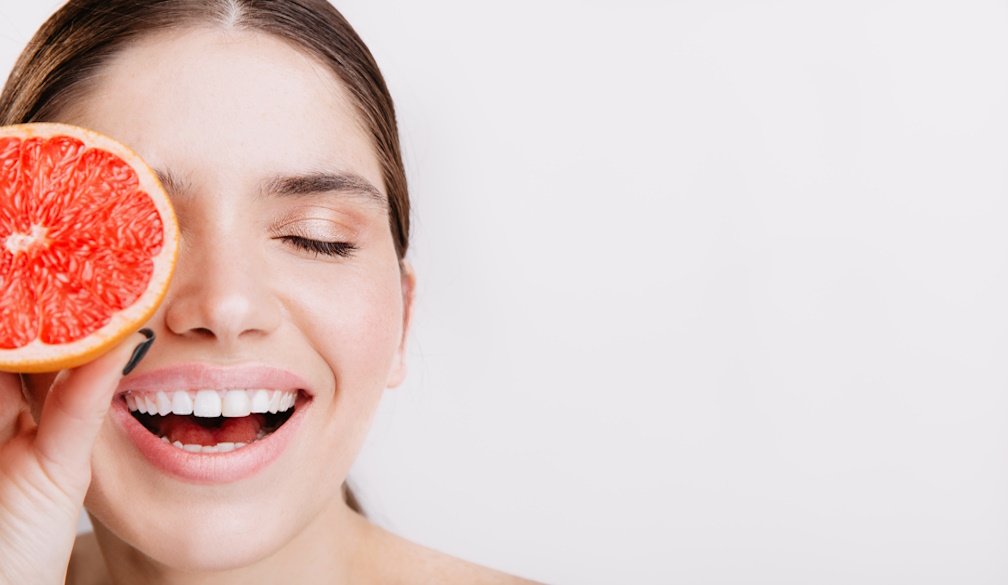From Diet to Dental Devices: Holistic Ways to Keep Cavities at Bay

Image by lookstudio on Freepik
Tooth decay is one of the most preventable health issues in Australia—and yet, it’s alarmingly common. According to the AIHW, nearly 1 in 3 Aussie adults has untreated decay. While brushing and flossing matter, real protection starts with what you eat, drink, and do every day. From choosing smarter snacks to exploring tech-forward dental care, this article walks through seven habits that can help you prevent cavities holistically.
Think of this as your no-nonsense guide to stronger smiles—from kitchen choices to in-chair devices. For a broad, trustworthy overview of what causes decay, the Healthdirect tooth-decay guide is a great place to start.
Let’s begin with the foundation of any prevention strategy: your diet.
Why Food Comes First
Diet is the single most influential factor when it comes to your risk of cavities. Sugars—especially free sugars in soft drinks and processed snacks—fuel the bacteria that break down enamel. Australians are among the world’s highest consumers of sugary drinks, particularly young adults. That makes daily food and drink choices a front-line defense against decay.
You don’t need a restrictive diet—just smart swaps and intentional choices that protect your enamel long term. Auzzi has previously covered the importance of diet and nutrition for oral health, and we’re building on that here with specific, actionable strategies.
Habit #1 — Swap Sugary Sips for Smile-Safe Drinks
Sugary drinks are one of the biggest culprits in modern tooth decay. They coat teeth in fermentable carbohydrates and acid, which starts softening enamel almost immediately. According to the Australian Dental Association, even fruit juices marketed as “natural” can have pH levels that rival soft drinks.
Switching to water, unsweetened herbal teas, or drinks with xylitol (a natural sugar substitute) makes a huge difference. And if you do indulge in something sugary, rinse your mouth with water afterward and avoid brushing for 30 minutes—brushing too soon can spread acids deeper into enamel.
Habit #2 — Load Up on Remineralising Foods
While avoiding sugar is crucial, giving your enamel the minerals it needs is equally important. Calcium-rich foods like leafy greens, plain yogurt, almonds, and cheese help remineralise teeth and buffer acids.
Vitamin D supports calcium absorption, so getting moderate sun exposure or supplementing when necessary matters too. A diet built around whole, low-acid foods gives your teeth the raw materials they need to rebuild after daily wear. These nutrients are especially important for kids, whose enamel is still forming.
Habit #3 — Adopt Smart, Device-Based Prevention
Dentistry isn’t just about drills and fillings anymore. Preventive tools like dental sealants and clear aligners offer structural support against decay and misalignment. Sealants are ultra-thin coatings applied to molars that physically block food and plaque from settling into grooves.
Clear aligners, meanwhile, don’t just straighten teeth—they make cleaning easier and reduce crowding where cavities love to form. The key is proper supervision. If you’re considering aligners, a professional clear-aligner fitting appointment ensures they’re safely and precisely customized to your bite.
Habit #4 — Know When to Call the Pros
Even with great habits, things can go wrong. A sudden toothache, sensitivity to hot or cold, or lingering bad breath may signal early decay. Waiting only gives cavities more time to spread.
Having a trusted clinic on hand makes all the difference when issues arise. Clinics like Avenue Dental combine same-day emergency care with a focus on patient comfort, offering services from routine check-ups to advanced treatments across Queensland and beyond. Auzzi’s emergency-dentist checklist outlines what to look for in urgent care providers.
Habit #5 — Make Oral Health a Family Project
Habits stick better when the whole household is on board. Kids, especially, need routines and role models. Brushing together at night, choosing cavity-friendly snacks as a family, and making dental visits feel normal (not scary) can improve oral health across generations.
For helpful tips on how to build those habits early, check out Auzzi’s article on kids’ oral health.
Habit #6 — Cut Hidden Sugars, Not Just Sweets
It’s not just lollies and soft drinks—hidden sugars are everywhere. Breakfast cereals, salad dressings, and even “health bars” often contain added sugar under names like maltodextrin or corn syrup.
Read labels, use caution with “sugar-free” drinks (many still contain acids), and consult the Australian Dental Association’s nutrition policy to better understand the relationship between diet and decay.
Habit #7 — Tech-Forward Check-Ups Make a Difference
Dental technology is changing rapidly. Intraoral scanners, AI-powered decay detection, and 3D treatment planning are making preventive care faster and more accurate.
Clinics offering these tools can identify problem areas early—before you feel pain or see obvious damage. This is especially helpful for people with busy schedules or dental anxiety, where shorter, less invasive visits are a big plus.
Frequently Asked Questions
What foods are worst for my teeth?
Sticky candies, soda, fruit juice, and anything that lingers on your teeth—especially when snacking all day.
Are sealants just for kids?
Nope—adults with deep molar grooves can benefit too. Sealants last 5–10 years and can prevent dozens of cavities.
Is fluoride still important?
Yes. Fluoridated toothpaste and water strengthen enamel and reverse early decay.
Do clear aligners hurt?
Mild pressure is normal at first but usually fades within a day or two. If pain persists, contact your provider.
Conclusion
The best dental care doesn’t happen in a chair—it happens in your daily routine. From avoiding hidden sugars to choosing modern tools like sealants and aligners, a few intentional habits can radically reduce your risk of cavities.
Ready for a proper assessment or considering preventive treatment? Use Auzzi’s guide to finding trusted dental and orthodontics clinics to explore your local options.
Your smile is built by the choices you make every day—and it’s never too late to upgrade those choices.

